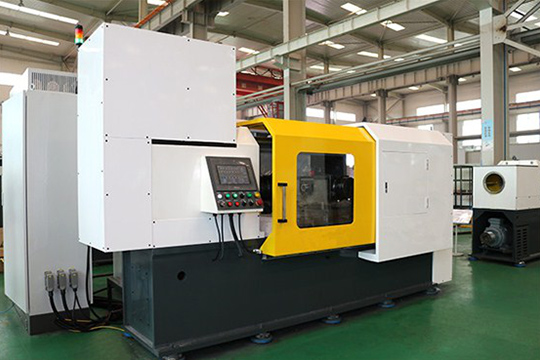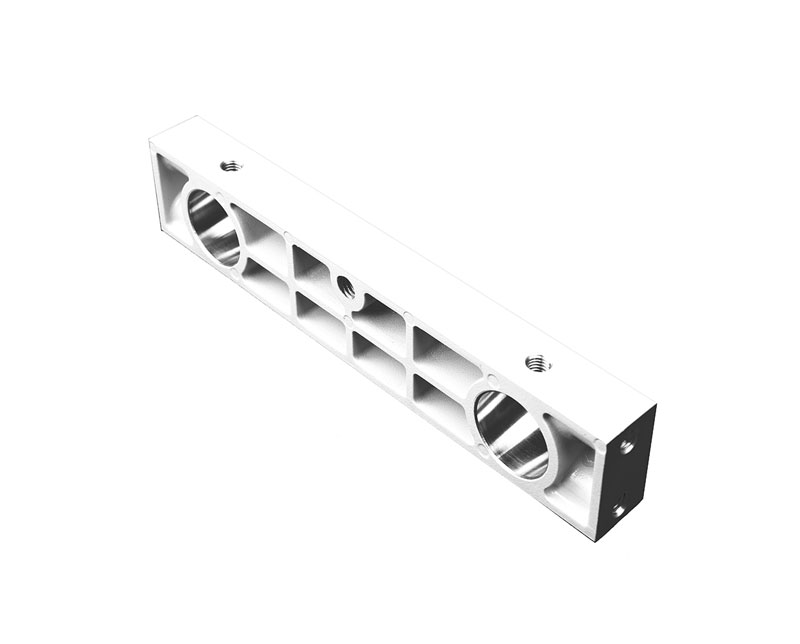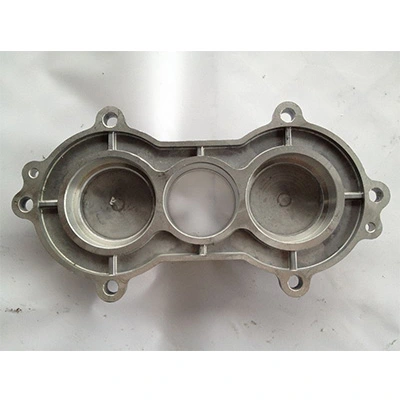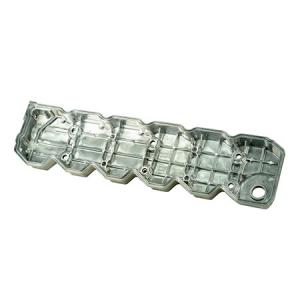

In the dynamic world of automotive engineering, every innovation aims at achieving the perfect balance of strength, durability, and weight efficiency. Among the cutting-edge techniques transforming the industry, friction welding aluminum has emerged as a game-changer. This blog explores how this welding method is contributing to the road-ready resilience of cars, ensuring they meet the demanding standards of modern automotive design.
Friction welding aluminum is a solid-state welding process that joins materials through the application of heat and pressure, sans molten material. When it comes to aluminum in automotive construction, the benefits of this technique are manifold. Traditional welding methods often face challenges in maintaining material integrity due to the high temperatures involved, making friction welding a superior choice for aluminum components.
One of the defining features of friction welding aluminum is its precision. In the context of aluminum, this precision becomes paramount. The controlled and localized heating ensures minimal distortion, preserving the structural integrity of the aluminum components. This level of precision is a key contributor to the road-ready resilience of the final automobile product.
Aluminum's popularity in the automotive industry stems from its exceptional strength-to-weight ratio. Friction welding aluminum enhances this advantage by preserving the lightweight nature of aluminum while creating robust bonds. This translates into vehicles that are not only fuel-efficient but also possess the strength to withstand the rigors of the road.
Aluminum's natural resistance to corrosion is another factor that makes it a preferred material in automobile manufacturing. Friction welding, by avoiding the introduction of foreign materials through the absence of filler metals, ensures that the corrosion-resistant properties of aluminum remain intact. The result is cars that maintain their aesthetic appeal and structural integrity over the years.
The road can be a challenging environment, subjecting vehicles to vibrations, impacts, and variable loads. Friction welding aluminum plays a pivotal role in enhancing the structural integrity of automobiles. The seamless bonds it creates contribute to a more robust and resilient vehicle structure, providing assurance to both manufacturers and consumers of the vehicle's ability to navigate diverse terrains.
Safety is a top priority in the automotive industry. Friction welding aluminum ensures that critical safety components, such as chassis and frame elements, are not compromised during the welding process. This adherence to safety standards adds another layer to the road-ready resilience of vehicles, instilling confidence in drivers and passengers alike.
As automotive technology continues to evolve, the friction welding aluminum sets the stage for even more resilient and efficient vehicles. The quest for sustainability and performance can find common ground in this innovative welding technique, paving the way for a future where cars are not just means of transportation but showcases of engineering excellence.
In conclusion, the road-ready resilience of cars is intricately linked to the materials and techniques employed in their construction. Friction welding of aluminum stands out as a beacon of innovation in this regard, offering a seamless blend of strength, durability, and efficiency. As we traverse the highways of the future, the impact of this welding technique will undoubtedly be felt in the form of safer, lighter, and more resilient automobiles.


